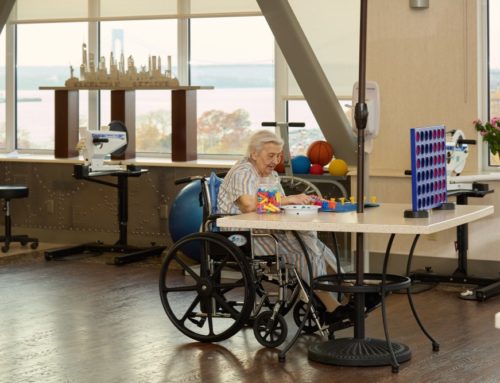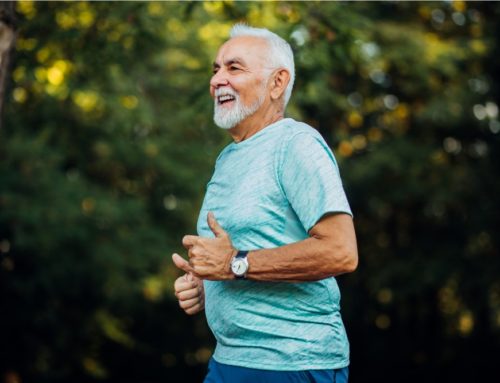As more and more people are getting into yoga, its popularity continues to grow worldwide. Those practicing yoga believe it gives them a sense of peace, well-being and numerous health benefits, like improving mental and physical health. They say it helps them to relax and reduce stress. That is the reason why some believe that yoga helps to manage signs of neurological problems.
Scientists have become really interested in yoga, an old way of healing both the mind and body. They see it as a possible alternative or additional therapy alongside modern medicine. If you suffer from a neurological condition, talk to your doctor and ask if it is good for you. Yoga could be part of your treatment and recovery. Also, anyone can do it, regardless of age or fitness level.

Yoga and Neurological Problems
Yoga is believed to help with symptoms of some brain and mental health problems by different means. It is thought to aid in managing symptoms through various biological mechanisms, including both the physical movements and the breathing and meditation aspects of yoga practice. These mechanisms may include stimulating the release of certain chemicals in the brain that can improve mental health.
While yoga may not cure neurological problems, it can potentially help in managing symptoms and improving overall well-being when practiced regularly alongside other treatments recommended by healthcare professionals.
Reduces stress levels
Yoga incorporates relaxation techniques such as deep breathing and meditation, which can help reduce stress levels and promote a sense of calmness.
Yoga also encourages mindfulness and self-awareness, which can help individuals better understand and regulate their emotions, leading to improved emotional well-being.
Improves cognitive function and mood
Some research suggests that yoga may enhance cognitive function in people with neurological problems, including attention, memory, and decision-making skills, which can contribute to overall mental clarity and focus.
Regular practice of yoga has been shown to increase levels of neurotransmitters such as serotonin and dopamine, which are associated with improved mood and decreased symptoms of depression and anxiety, which patients with neurological problems may suffer from.
Are there any side effects of doing yoga?
In a survey done in India, only 1.9 percent of the people said they had problems from doing yoga. The most common problems they had were feeling sore and achy, getting muscle injuries, and feeling tired.
To avoid these, it’s best for everyone, including those with neurological problems, to start yoga classes slowly. Begin with beginner-friendly yoga poses and gradually progress to more advanced ones as your strength and flexibility improve. Pay attention to how your body feels during yoga. If a pose feels uncomfortable or painful, modify it or skip it altogether.
Always start your yoga session with a gentle warm-up to prepare your muscles and joints for the practice ahead. A qualified yoga teacher can provide guidance on correct alignment and technique, helping you perform poses safely and effectively to prevent injuries. Supervised yoga can offer benefits, especially for beginners or those with specific health concerns, such as neurological problems, as it ensures proper technique and safety.
Resources:
Yoga as an Ancillary Treatment for Neurological and PsychiatricDisorders: A Review 1 Apr 2012 https://neuro.psychiatryonline.org
The therapeutic value of yoga in neurological disorders 2012 Oct-Dec https://www.ncbi.nlm.nih.gov/
Yoga as Part of Sports Medicine and Rehabilitation 2023 May-Aug https://www.ncbi.nlm.nih.gov/
Benefits and adverse effects associated with yoga practice: A cross-sectional survey from India. 2020 Dec 15 https://pubmed.ncbi.nlm.nih.gov/
This content comprises informative and educational resources only and can not be considered as a substitute for professional health or medical guidance. Reliance on any information provided in this article is solely at your own risk. If you have any inquiries or apprehensions about your medical condition or health goals, talk with a licensed physician or healthcare provider.






Leave A Comment